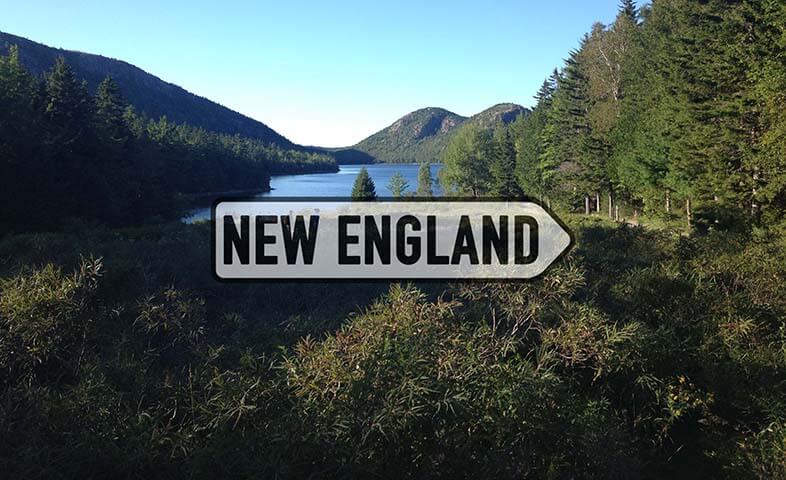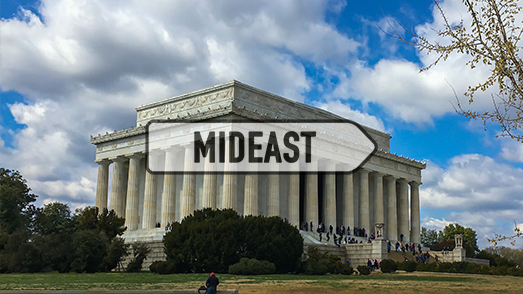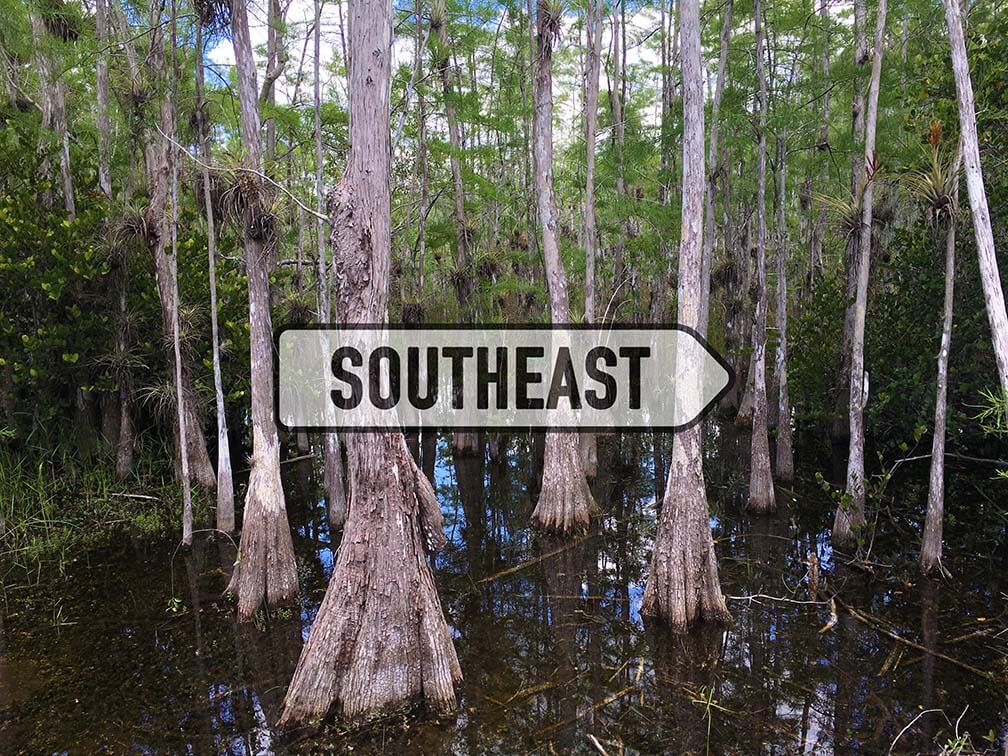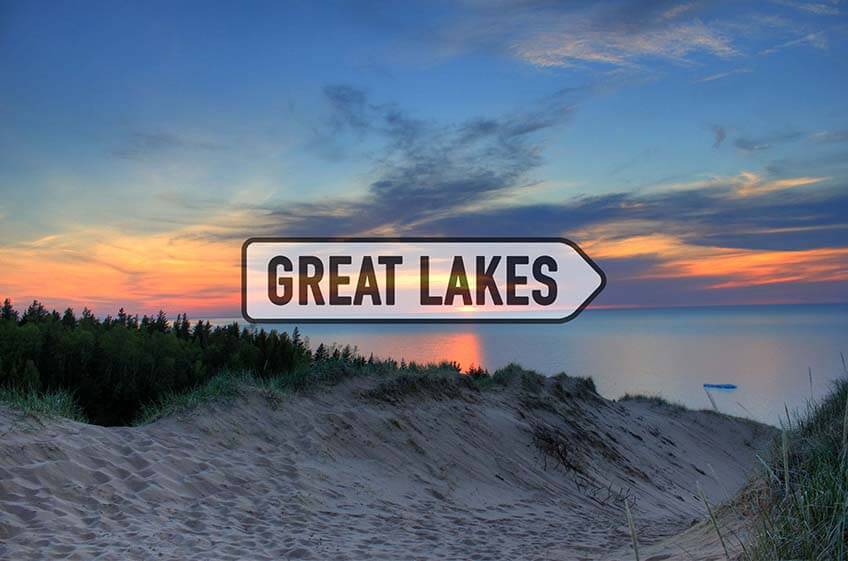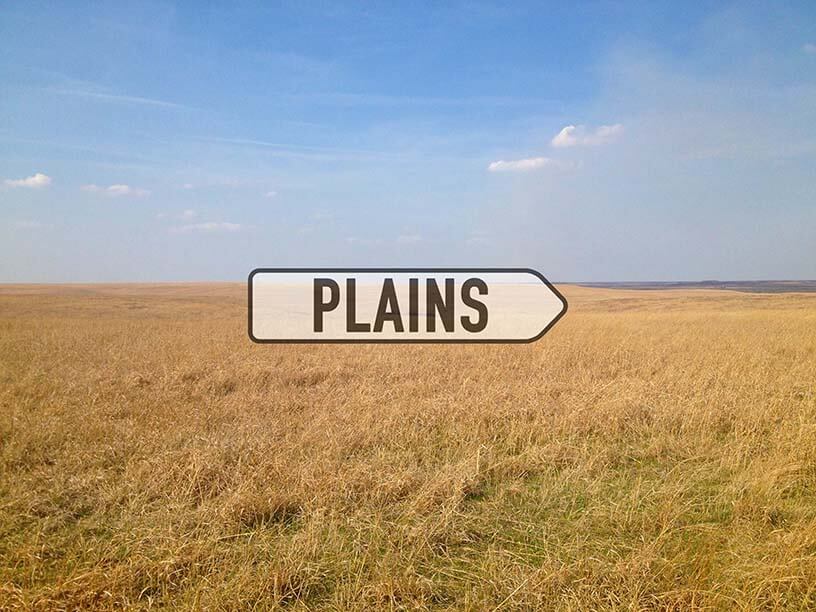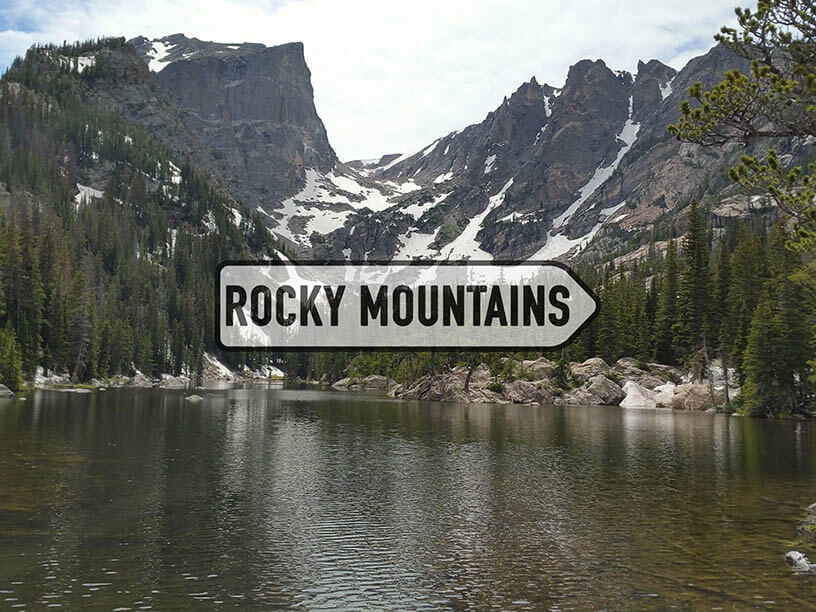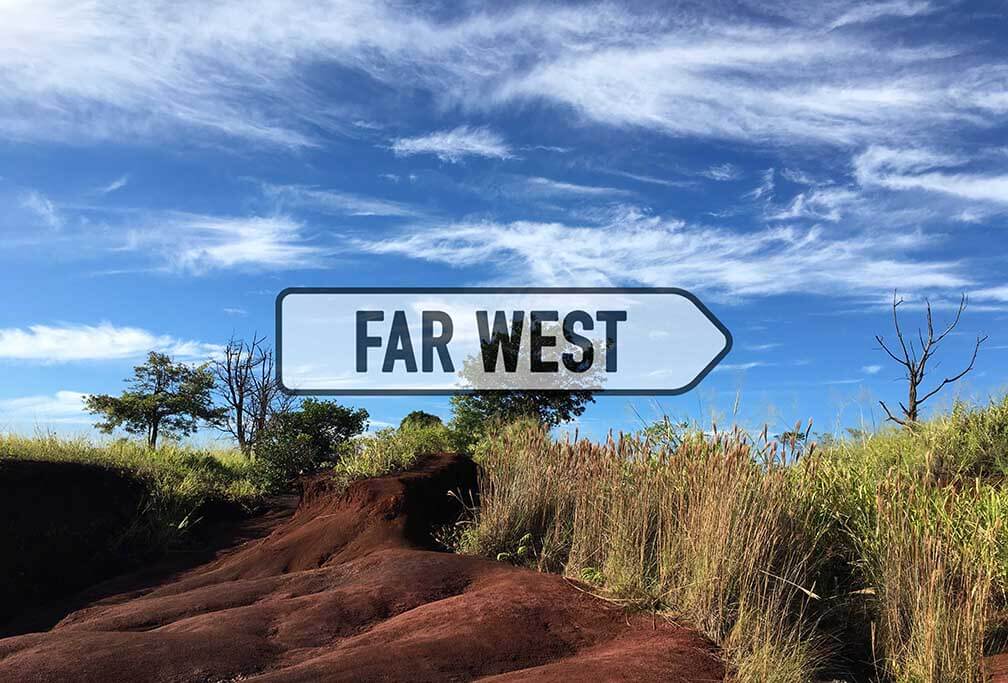Bear
By Heidi Czerwiec
The handmade sign at the Lupine Meadows trailhead at Grand Teton National Park says an immature grizzly has been sighted in the vicinity, between Jenny and Surprise Lakes – the former named for the beloved wife of a nineteenth-century beaver trapper. Hikers are reminded to keep at least a football-field’s length away, since bears can run two to three times faster than humans, and can climb trees. “Be Bear Aware!” is scrawled cheerfully across the bottom.
You are with A__, your first husband, who carries camera equipment – a manual-focus film camera; a bag with extra film, filters (UV, star), and lenses (wide-angle, zoom); and a full tripod – but less than the recommended gallon of water minimum per person. He never asked you to carry extra water for him, but knows you will, because you worry. He bought the camera for himself for his thirtieth birthday. Moving out west has brought out his inner National Geographic geek, and he wants to be an explorer, a photographer, wants to use the anthropology degree he is not using at his job at a medical lab. Now that he’s seen the sign, he wants a picture of this grizzly. He never asked if you’re picturing your skull inside the grizzly’s jaw, but knows you will, because you worry. To ease your worry, to make you laugh, he says “Grand Teton means big titty,” and grins.
***
Beware means be aware.
***
Grizzly bears (Ursus arctos horribilus) are a species of North American brown bear known for the great hump of their shoulders and for their large size. An adult male can grow to 850 pounds, his shoulders more than a yard high; his paws are nearly a foot in length, larger than a human head, comprised of five digits with six-inch claws. Their jaws, while not long, have a bite pressure of 1,200 pounds per square inch, and can chomp through young pine trees. They’ve been clocked at speeds of up to 35 miles per hour.
***
Photo by Jim Jones.
The trail up Grand Teton, leading to Surprise and Amphitheater Lakes with a view of the frying-pan-shaped Middle Teton Glacier, is steep and switchbacked, winding four miles through blind curves and stands of pines. You’ve started early so that the ascent, and maybe part of the descent, will be over before the day’s worst heat. You pretend to stumble on scree, send rocks clattering in hopes that any bear wants to avoid you, too.
***
In interactions of humans and bears, the bear always loses. Once prolific, grizzly bears number about 55,000 in North America, of which about 550 range through the Yellowstone-Teton region. Even on protected turf, if a bear’s unwanted, too familiar, a “problem bear,” then it’s removed. But if a bear’s tasted human blood – even the blood of a very stupid human, one who deserved to die, was clearly begging to die, erasing all trace of his idiot DNA from selection – the bear dies, hunted down and killed.
***
About as far up the trail as you can climb without actually pressing on to scale Grand Teton’s mighty teat, you will reach Surprise Lake, glacially blue with cold, a lovely site to pause, picnic, refresh. About a mile before you reach it, a group of campers scampers past, surprising you, infectious with fear averted –- “Bear!”
“Grizzly?” you call after them.
No, a small black bear who ambled up to help himself to their hung rucksacks as they waded the lakeshore. They turned at the sound of it tearing through canvas to get at the sun-softened string cheese and apples inside. They shout short answers to your questions as they descend. Not sure if it’s a baby. Not sure if it’s got a mother. You want to turn and scurry back down the mountain, too.
A__ is elated – bear! “We’ll be careful.” He wants to press on. You think about leaving him there and hiking down alone, but you have the water and he has the keys to the car. After a few moments of arguing, you relent, like he knows you will, like you always do, and you both press on, though more slowly. A’s water is gone; you’ve been slipping him sips of yours, but the afternoon return trip will be hiking downhill, which can be harder, which will be hotter. You creep past pines and shrubs and startle upon, are startled by, the shoreline of the glassy, glacial lake, frigid in midday sun. You scan the currently bearless landscape. Despite the campers’ recent experience, you unpack food. You eat quickly while A__ frames photographic scenes with his fingers. Beautiful scenes, but which contain no bears. We should go while there’s no bears, you say, packing up.
***
During your descent, the switchbacks seem more sun-exposed. In the heat, the wilderness has grown focused, intent, more silent but for the August grasshoppers buzzing the cheat grass. You hear no birds, but then again, you are distracted by the difficulty of bracing on scree, thighs burning, your toes jammed against the toes of your boots, rubbing raw. Water gone, you try not to feel the fur of your tongue.
***
In interactions of humans and bears, the human will always lose. Only one to three humans die each year from a grizzly attack – you’re way more likely to be hit by lightning. Because close encounters are rare, are discouraged, you’re most likely to die in late summer, if you surprise the bear, and if you run. Then all that speed and claw size and jaw pressure comes into play. The best you can do is try to protect your head and neck.
***
Out of the endless quaking of aspens, the trail opens on a steep alpine meadow crisscrossed by switchbacks. Way in the distance, you see the trailhead – beyond it, the parked cars glitter like clustered beetles. Way in the middle distance, down the hill from you, the brush shudders, divides. Shouldered aside. The grizzly, magnificent. He snuffles in the underbrush, blackberrying. Carelessly, he crushes branches with his great paw, claws at hidden fruit. After a few minutes, he stops feeding, stands up on all fours, then plops down on his butt and scratches an ear with a hind foot, like a big old dog, before resuming his lazy foraging.
A__ already is focused, focusing his zoom lens to bring the bear’s image closer. The grizzly lumbers slowly closer, closing the distance. He’s easily less than the recommended football-field length away, and you say so to A__, who is shuttering away. “We’re uphill, and it’s steep. Plus, we’re downwind of him,” he says and it’s true, the tang of bear rides to you on summer updrafts. True, too, that he doesn’t seem aware of you, off on his careless business.
You stare at A__, watching him shoot his camera. He has a sweet boyish absorption in his task, tongue poking his upper lip as he works. That sweet boyishness will quickly turn sulky if you insist he stop, but you can’t stop the tears and fear rising in you. Scared and angry, you say “You know, you’re never going to do anything with those pictures,” which is mean, though true. You find yourself hoping that if it comes to it, the bear will attack and eat A__, not you. Meanwhile, however slowly it happens, the grizzly is nearing.
***
Suddenly, it looms above you – the truth that your marriage is a fragile thing, too easily crushed, as if by a careless paw. The stink of it makes you recoil. You have never been more terrified.
***
At some point, A__ will remove the zoom, aware the bear is too close to use it, will snug it into his bag, and will turn to you and say “OK, we can go now.” You will descend and, despite switchbacks which cut back below the meadow, you will never see the bear again. You will emerge, legs deliquescing with dehydration.
***
But for now, he is snapping away, snapping pictures you know will never develop. He went into debt for the camera. He barely can afford film, but not prints. At last count, over two hundred rolls of undeveloped film lay decaying in the hall closet, taking on light. What images did print were ghostly, had phantom limbs that still itch and tickle you from time to time. For now, he pretends that he will print these shots, that they will be professional quality, worthy of National Geographic. Yet you encourage him, hoping that perhaps by being an advocate for his art, he might become more supportive of yours. In nine years, he will attend exactly one of your readings. In nine years, you will go on many hikes together, and when you leave, you will miss these treks. When you leave, your soul will remain suspended in silver colloid on the hall closet floor, your ghost wandering his underworld still.
For now, the bear is still downhill, upwind.
***
The wind is shifting. The bear is approaching.
Heidi Czerwiec is a poet and essayist and serves as Poetry Editor at North Dakota Quarterly. She is the author of two recent chapbooks -- A Is For A-ké, The Chinese Monster, and Sweet/Crude: A Bakken Boom Cycle -- and of the forthcoming collection Maternal Imagination with ELJ Publications, and the editor of North Dakota Is Everywhere: An Anthology of Contemporary North Dakota Poets. She lives in Minneapolis. Visit her at heidiczerwiec.com
Banner photo by Gregory "Slobirdr" Smith. Grand Teton photo courtesy of Parks and Points contributor Jim Jones.




